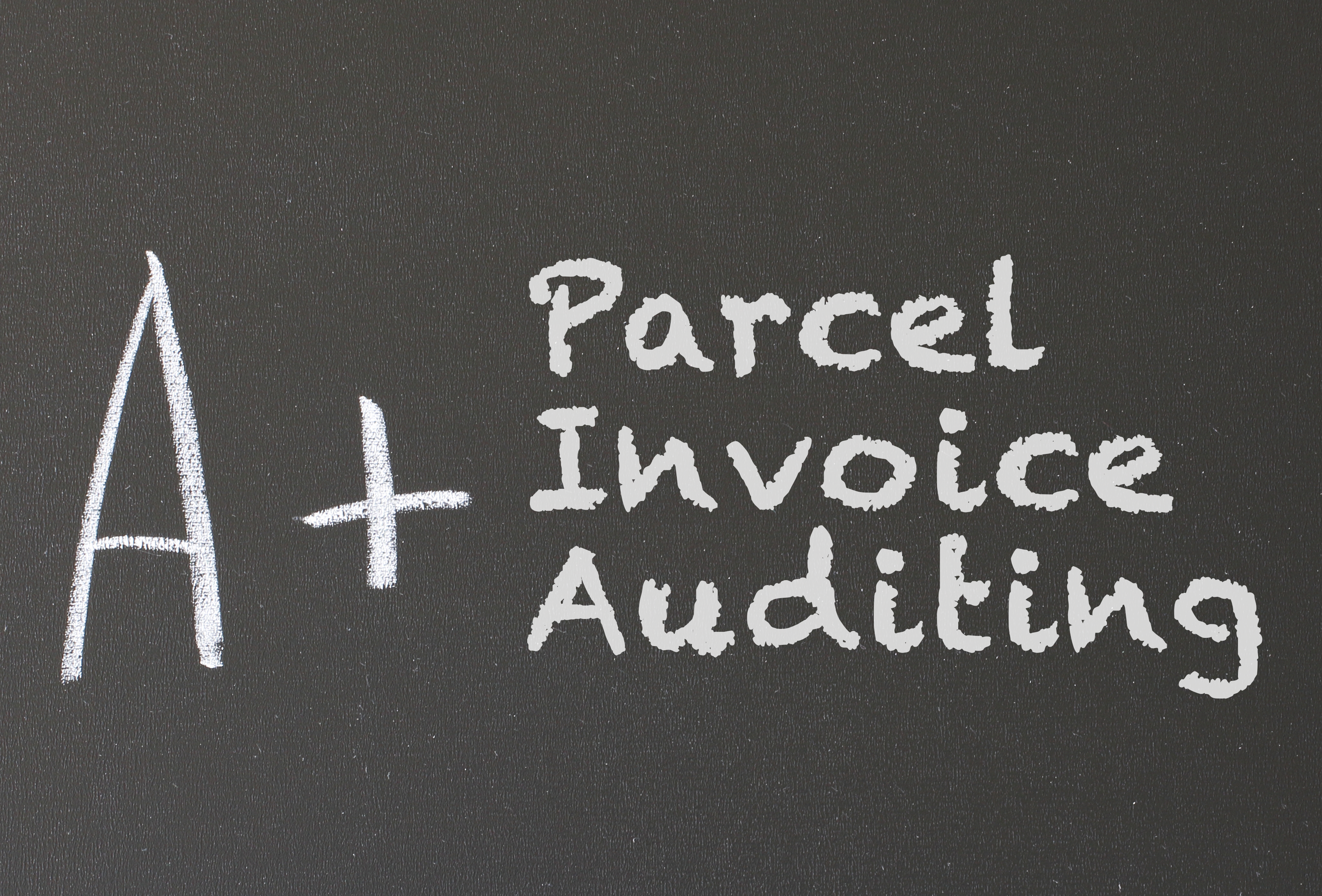The start of a new school year is upon us, but don’t expect your kids to begin learning anything new right away.
According to many teachers, they usually have to spend the first few weeks reviewing a lot of the key skills that students forgot over the summer.
Those of us who work in parcel analysis can relate because even though most shippers don’t take an extended summer break, it’s not uncommon to forget many essentials about effective invoice auditing – including these three fundamental rules.
1. Having all carrier agreements in hand
This first fundamental rule may seem as obvious (and elementary) as telling people to remember that two plus two equals four. However, you’d be surprised at how many companies have trouble mastering it due to the fact that:
- A carrier rep promised – then forgot – to send a final version of an agreement.
- Different divisions or regional locations of a company have different carrier agreements, and no single entity knows where all of them are.
- The person responsible for negotiating these agreements and storing these documents is no longer with the company.
- People didn’t download an agreement when it was sent over via DocuSign.
- They’re working with an outdated version of an agreement.
Without these written points of reference, your company is already at a significant auditing disadvantage, because even people with the best memories will occasionally forget what an agreement’s latest base rates, tiered incentives, DIM divisors (dimensional weight) and allowable accessorial fees are – and fail to catch many of the invoicing mistakes that don’t take all of these into account.
2. Providing a complete (and current) list of shipper numbers
Imagine providing your child with a primer that only taught them how to recognize some of the letters of the alphabet. That’s akin to what happens when companies:
- Fail to provide their invoice auditing team with a complete list of their shipper numbers
- Add new shipper numbers and forget to tell their invoice auditing team about them
And it occurs more often than you might imagine, especially if businesses have multiple divisions or locations.
Unlike your hapless kid, it’s still possible for an audit team to get an accurate read on at least a portion of your parcel shipping invoices, even if it is missing some of your numbers.
But “a portion” is the operative term, because each shipper number that your company fails to provide represents a collection of invoices your audit team won’t have an opportunity to scrutinize – and a lot of missed opportunities for many of the refunds, volume discounts and other concessions that your company is entitled to.
3. Getting and sharing online access to billing information
Remember when it was possible for kids to get through a school year without the help of the Internet? Yeah, neither do we.
It’s a similar story with companies and parcel carriers’ online billing portals, but you wouldn’t know it based on the number of businesses that:
- Don’t take advantage of these portals’ complete functionality
- Seldom engage with these portals
- Only provide the members of their accounts payable departments with full access
In addition to providing an easy and immediate way to send payment and avoid late fees, these portals are the quickest way for your company’s parcel auditing professionals to validate that all of the charges on its bills are correct and to put the refunds claim process in motion.
They are also a highly efficient way to stay on top of any refunds or credits you’re due and to ensure that all of the right people on your team can have real-time access to the right information.
Class is dismissed (for now)
By writing these things, we don’t mean to imply that parcel invoice auditing is child’s play (in fact, nothing could be further from the truth). Instead, we just want to point out that in the parcel world where the average shipment size is incredibly small, “little” details like the ones we’ve covered can often spell the difference between having a parcel shipping operation that’s barely passing Profitability 101 and one that’s best of class.
Want to hear more? Give us a shout at [email protected]. We’d love to discuss the possibilities for helping you do a better job of auditing yours.




